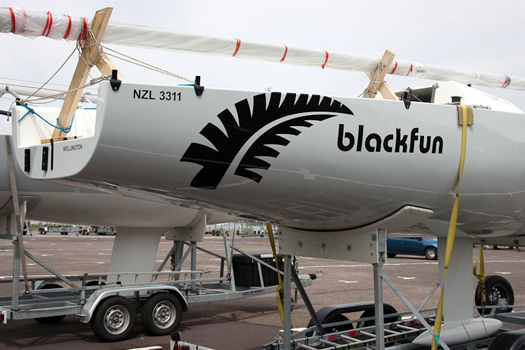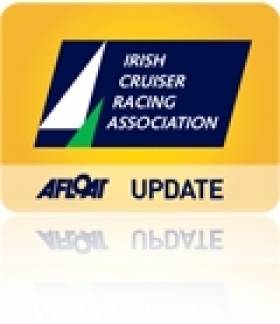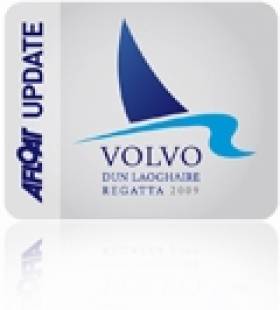Displaying items by tag: Phelan
Windy Start Expected for Friday's ICRA Nationals
In Class 0 Local boats Antix, Anthony O'Leary; Jump Juice, Conor Phelan and Gloves off Kieran Twomey will be challenged By George Sisk's new Wow, Norbert Reilly's Crazy Horse and Richard Fides Welsh entry Impetuous which is a former Blondie.
Class 1 sees a fine Class where last years Echo winner Ian Nagle's Jelly Baby will be challenged by sister ship Peter Reddin's Jetstream Denis Hewitt and friends on Raptor and likes of Donal O Leary's D Tox.
Class 2 will see a battle between Corby 25s; Vinny O' Shea's Yanks and Franks, Brian Goggin's new Allure and Denis Coleman's Thunderbird.These will be tested by likes of Conor Rohan's Ruthless, Shane Statham's Slack Alice Kieran and Liz O Brien's Magnet and Desmond Ivers Deasy combo on Bad Company.
Class 3 has a backbone this year of state of the art Quarter Tonners. ICRA are welcoming Black Fun Jamie Mc Dowell all the way from New Zealand where he will be challenged by Neil Kenefick's Tiger, Eamon Rohan's Anchor Challenge who will be up against Leonard Donnery's No Knomes, John Twomey's Blazer 23 Shilelagh and Sullivan Brothers in Running Wild. Fergus Coughlan's White Knight from Cobh will also challenge.

New Zealand yacht Black Fun, complete with torpodeo keel, has arrived in Crosshaven for Friday's Cruiser National Championships. Photo: Bob Bateman
First time Class 4 will see Kevin O Connor's Gaelic Kiwi take on likes of Alan Carroll's Sundancer and Michael Sexton' Granny Knot.
The Non Spinnaker Corinthian Cup sees a fine fleet where Billy and Hilary Duane's Expression will compete against Clive Doherty's Phaeton Bill O Mahony's Julia B and Seamus Gilroy's Split Point.
John Downing's Samba and Conor O Donovan's Extension will also be in contention.
Day Prize Sponsors Dubarry have come up with the innovative idea that each crew on the winning boats in IRC and Echo each day will receive a prize in reward for their efforts.Two styles of Dubarry sailing hats and custom sailing socks will be included in this effort to recognise crews and offer variety each day.
The Royal Cork have laid on high standard racing on the water under Race Officers Peter Crowley and Richard Leonard and crews will be warmly welcomed ashore to a carnival type atmosphere with music and casual food on the go immediately after racing.
Entries Roll in for Volvo Dun Laoghaire Regatta
Forty entries are already in for Volvo Dun Laoghaire Regatta, a fixture widely expected to be the biggest in Ireland this season when it sets sail on Dublin Bay in July.
Organisers are expecting up to 500 boats to keep it on a par with the 2009 event. The early entries, 11 weeks ahead of the entry deadline, is being taken as a thumbs up by competitors for the fun and vlaue theme of this year's VDLR.
So far 22 different clubs have entered from six countries. The bulk of the fleet is Irish but there are early entries from France, Isle of Man, UK, Wales and Northern Ireland. Another good turnout is exepcted from Liverpool and Holyhead for boats competing in the IRC Lyver Cup Race across the Irish Sea. Ten boats from the Clyde will also compete on the Bay.
Cork's Conor Phelan the skipper of Jump Juice is one of the first Royal Cork boats confirmed.
Two handed IRC racing makes its debut in July's Volvo Dun Laoghaire Regatta organisers have also confirmed. Click HERE.
On the dinghy front, the Fireball class has confirmed it will be running an'Open Championship' within the regatta, an event that follows the class world championships in Sligo in June.






























































